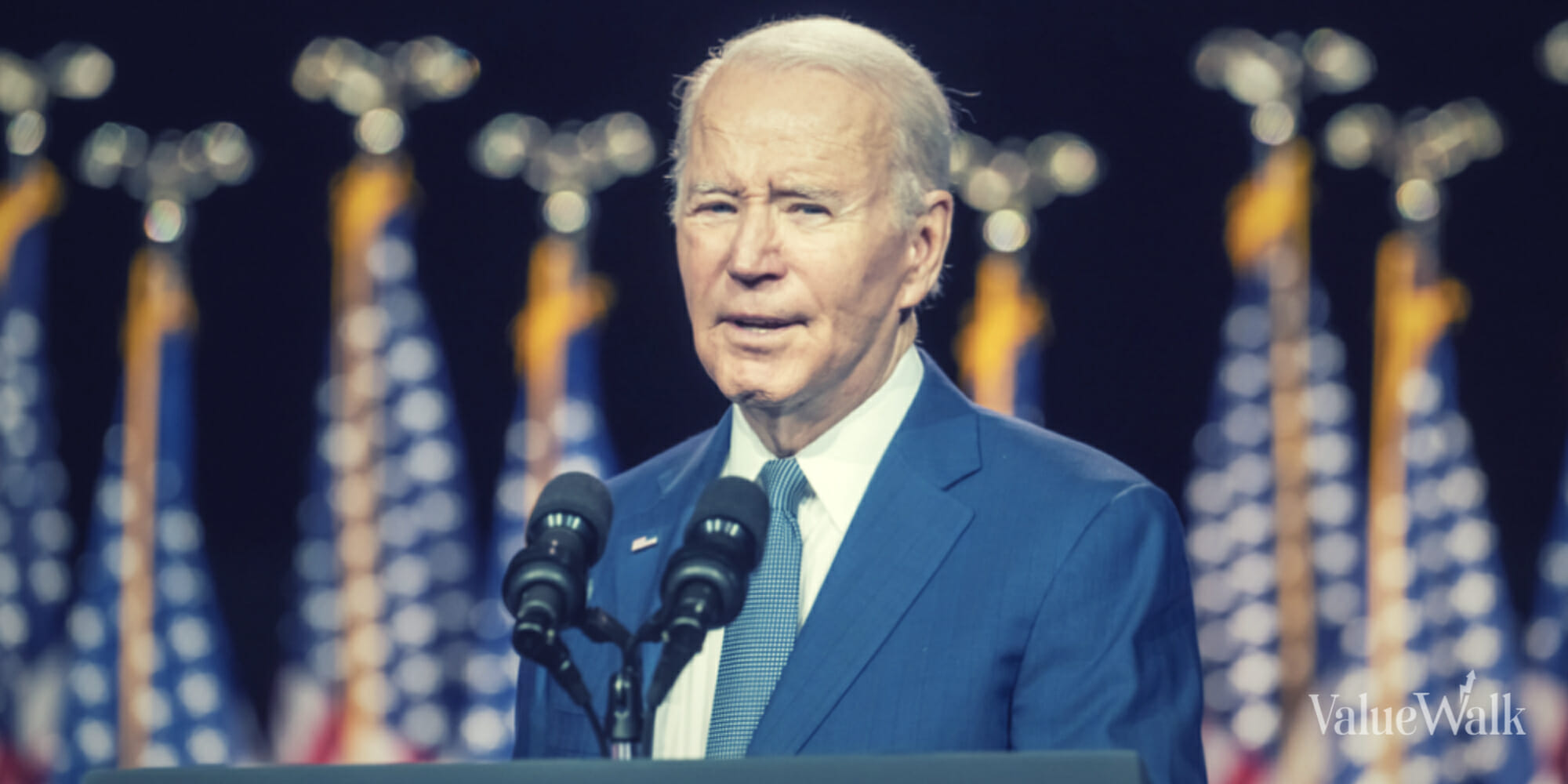Washington D.C. – Ahead of a U.S. Senate Subcommittee hearing today on “Protecting Consumers from Junk Fees”, government watchdog Accountable.US released a new analysis finding numerous companies and trade associations across industries affected by the Junk Fee Prevention Act have spent over $1.7 million while lobbying on the bill in the first quarter of 2023.
The bill, part of the larger crackdown on junk fees led by President Biden and the CFPB, would “eliminate excessive, hidden, and unnecessary fees imposed on consumers” within the telecommunications, ticketing, hotel, airline, and entertainment industries — an effort that enjoys strong bipartisan public backing from 3 in 4 Americans.
Junk fees include excessive online ticket fees, airline family seating fees, exorbitant early termination fees, and surprise resort or destination fees.
Accountable.US also found Republicans on the Senate Commerce Subcommittee on Consumer Protection have taken over $920,000 from these industry opponents of the Junk Fee Prevention Act.
Republicans Defend Junk Fees
Despite the popularity of the Biden initiative that would save consumers billions every year, many Senate and House Republicans have mounted a fierce defense of junk fees on behalf of their major industry donors — including Senators Jerry Moran (R-KS), Ted Budd (R-NC), and Cynthia Lummis (R-WY) who sit on the Senate Commerce Subcommittee on Consumer Protection.
As part of the right-wing junk fee PR campaign, Subcommittee Republicans invited Professor Todd Zywicki as a witness today who has made dubious statements in favor of the practice and against wider consumer protection efforts, alongside his long history representing corporate interests against regulatory scrutiny.
“For years, consumers have been hit with well-hidden and high-cost fees like extra hotel ‘resort fees’ that magically appear on the final bill,” said Liz Zelnick, Accountable.US’ Director of Economic Security and Corporate Power.
“The reason industries that abuse junk fees are spending millions of dollars lobbying Congress is simple – to keep the practice in the shadows so they can nickel and dime consumers with as little public scrutiny as possible.
And Republicans in Congress have been given millions of reasons–in campaign contributions from industry– to claim junk fees are somehow doing American families a favor by sapping billions from their pockets every year.”
On the MAGA House side, key House Republicans including House Financial Services Chairman Patrick McHenry and his top lieutenant Rep. Blaine Luetkemeyer have aggressively attacked the Consumer Financial Protection Bureau’s initiative against junk fees, including Luetkemeyer’s out-of-touch claim they don’t exist at all.
In reality, in the hotel industry alone, 34 percent of consumers in a 2018 poll said they had been hit with hidden resort fees, with many respondents stating these fees exceeded their travel budgets. And the telecommunications industry, which has been called the “‘worst offender when it comes to charging unexpected or hidden fees,’” has raked in an estimated “$28 billion a year” in company-imposed fees.
The Junk Fee Prevention Act would require hotels display the total price, including resort and destination fees, which can cost $50 or more per night, enabling the U.S. Hotel industry to rake in $3 billion from these fees in 2018.
The new analysis follows Accountable.US’ recent report that found the top 20 U.S. banks that are most dependent on junk fees disproportionately target lower-income consumers through their branch locations.
In fact, nearly 60 percent of these banks’ 4,200+ branches are set up in counties with poverty rates at or higher than the national poverty rate, while over 76 percent of their branches were in counties with median household income levels less than the national median household income. These banks reported on average 41.7% of their 2021 net incomes from service charges that punish vulnerable consumers.




